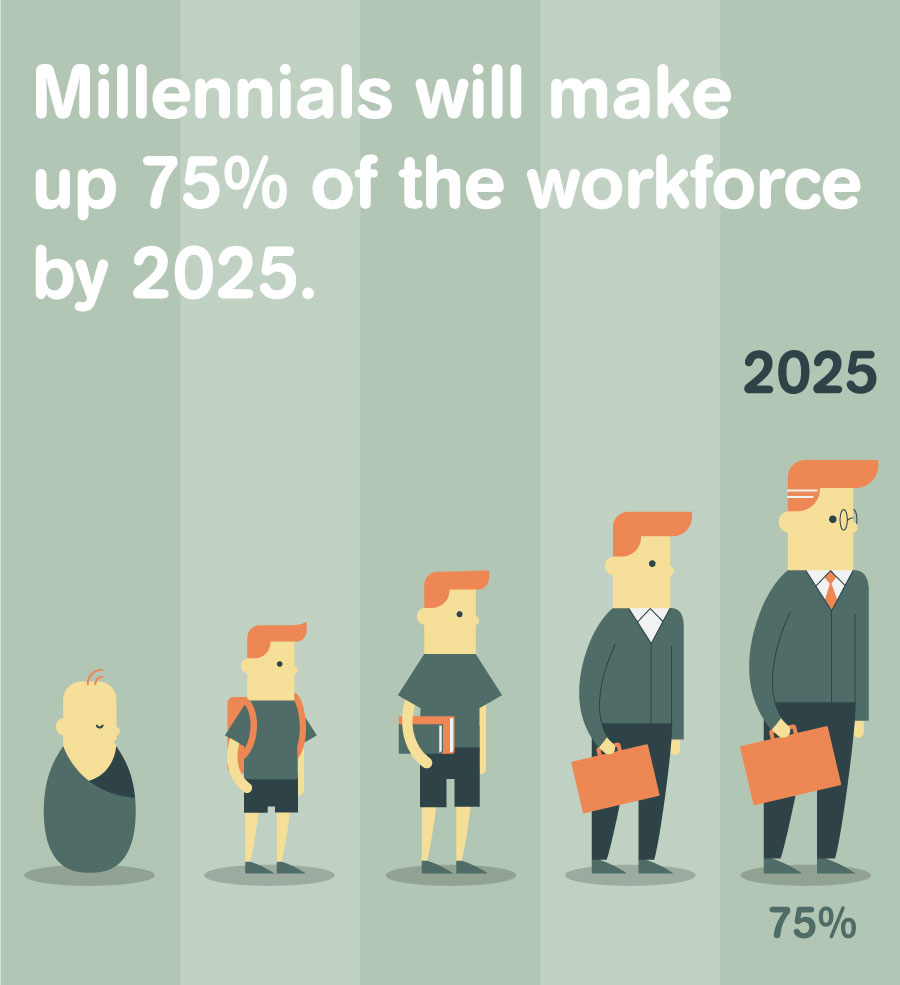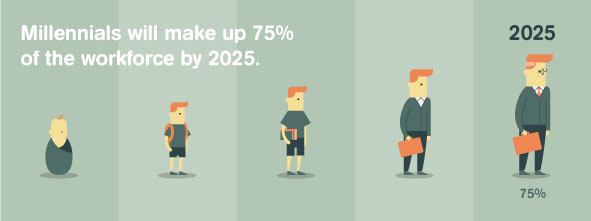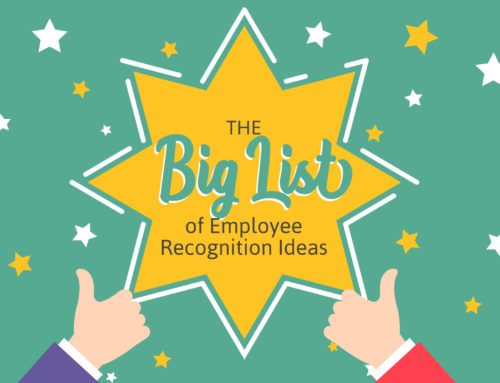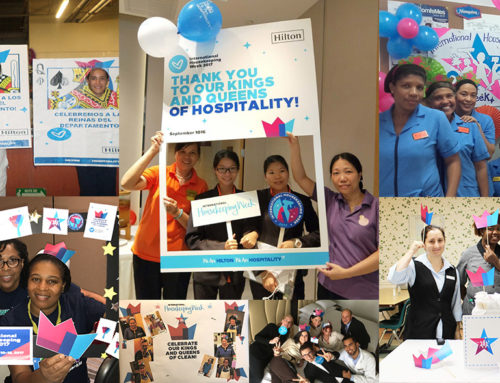 There’s no shortage of opinions on Millennials, but let’s start with a fact: They will outnumber Baby Boomers in the workforce by 2015. You read that right. This generation, born between 1980 and 2000, will also make up 75% of employees by 2025.
There’s no shortage of opinions on Millennials, but let’s start with a fact: They will outnumber Baby Boomers in the workforce by 2015. You read that right. This generation, born between 1980 and 2000, will also make up 75% of employees by 2025.
Because it’s clearly time for leaders to learn how to engage Millennials, here are three things to keep in mind.
1. Millennials Grew Up on Constant Feedback. So, They Expect It at Work.
According to the Chief Learning Officer website, we need only look at how Millennials were raised. Trophies and ribbons just for participating in sports. Constant praise from parents. An environment of video games, cell phones, and computers that provide instant feedback with the push of every button.
So, what does this mean? Research has shown that “80 percent of millennials look for immediate feedback in their employment situation.” For leaders, giving employees recognition and feedback may have now evolved from a best practice to a workplace necessity.
2. Millennials Value Cause-Related Work in Their Jobs.
Based on a survey of Millennials at 300 companies, the 2014 Millennial Impact Report revealed that:
- A company’s involvement with causes was the third most important factor they considered in applying for a job
- 55% were influenced to accept a job based on the company’s cause-related work
- 87% enjoy company-wide days of service
The lesson for recruiters and managers: If you want to attract this group and keep them engaged, take a closer look at how your company is giving back.
3. Despite All Of This, Millennials May Not Be As Different As We Think.
As an alternative viewpoint, Eugene Dylan from Dylan Consulting argues that “the changes we are seeing are more a function of the now changed psychological contract between employers and employees.”
Dylan says that, because employees are spending more time at work and technology is blurring the line between work and home, the view of what work means has changed. Workers of all generations place more importance on their relationships with their managers, and expect more recognition and feedback. Additionally, they’re taking a closer look at how their company serves society.
So, which is it? Should Millennials be treated differently? Or are they simply helping us see what we need to improve in the workplace for all generations? As usual, the answer is probably different for every workplace.
As leaders, there’s one thing we do know. If we aren’t connecting with Millennials at work, it’s time to fix that.
Want to use communications to inform, empower, and elevate employees of all ages? Talk to RSW.






Leave A Comment